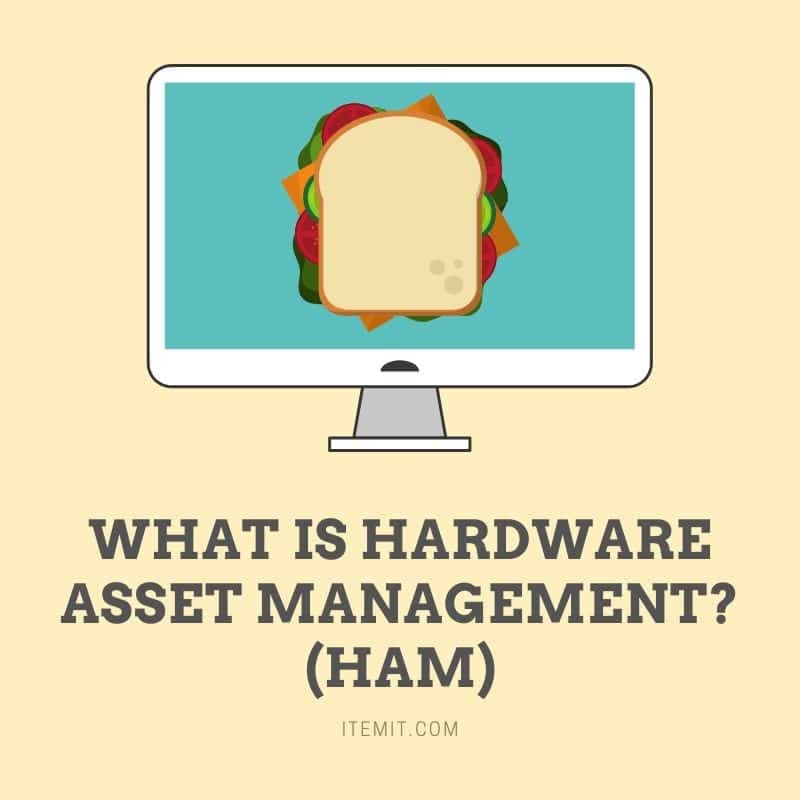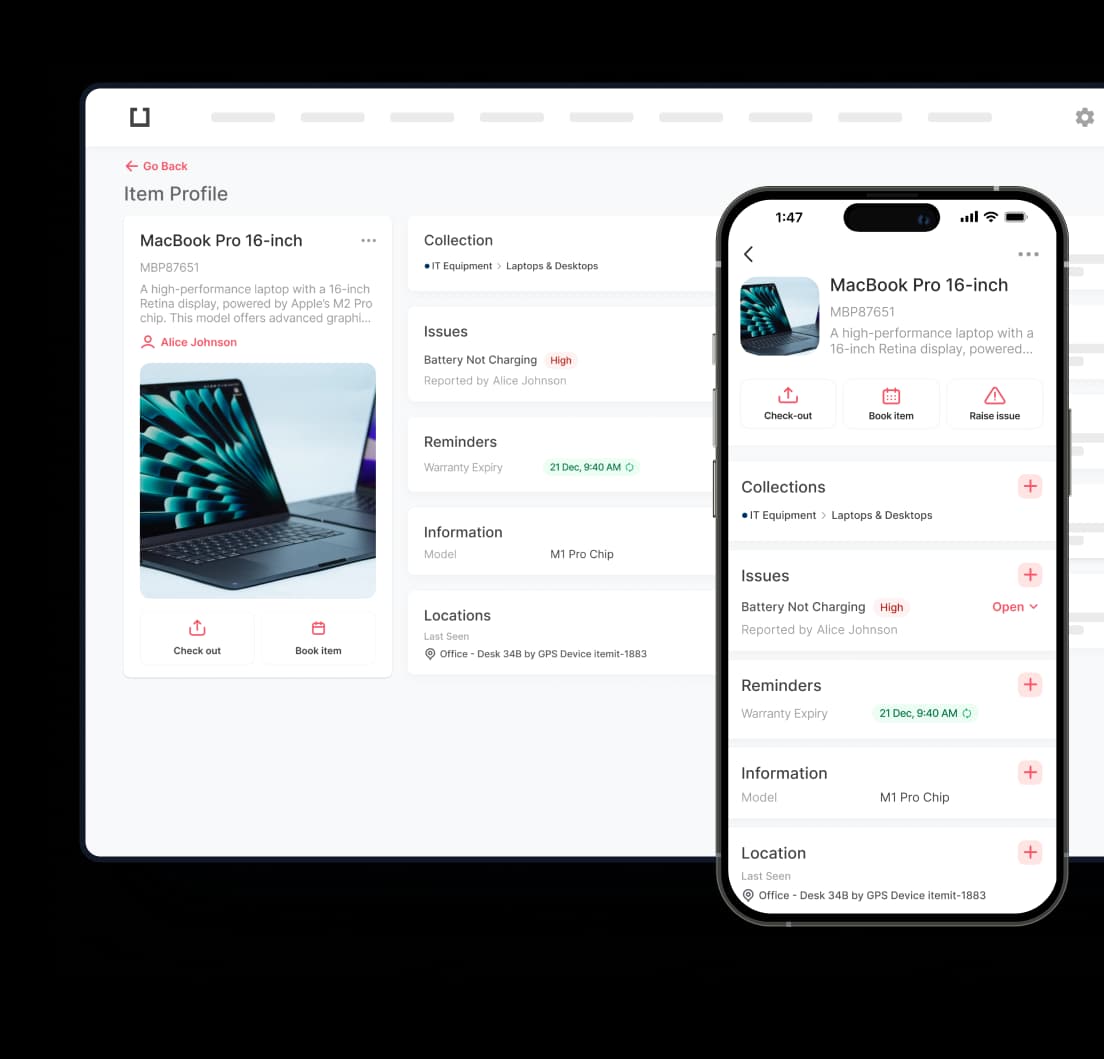Hardware Asset Management (HAM) is a component of IT Asset Management (ITAM).
Hardware asset management, however, is more specific than IT asset management. Where IT asset management is how you track and manage all of your IT assets, from your software to your USB sticks, hardware asset management hones in on one aspect of this.
With hardware asset management, you’ll be creating a system to track and manage the physical components of your computers, laptops, and systems.

The Purpose of IT Asset Management
To understand hardware asset management fully, it’s also important to understand the purpose of IT asset management.
IT asset management ultimately aids to save a company time and money by increasing transparency and accountability regarding their assets.
Where this differs from hardware asset management is that IT asset management can apply to software and data, as well as the hardware you’re using.
In this way, hardware asset management is a subset of IT asset management, but the reverse isn’t true.
IT asset management can help with GDPR compliance amongst other things, where hardware asset management is more specifically helpful in creating an audit trail of financial information.
The Purpose of Hardware Asset Management
Hardware asset management is a process that will help you create accountability and transparency with your IT hardware.
Being able to assign assets to users assists with an on-boarding process and can be integrated into an asset’s life-cycle.
Adding reminders for routine maintenance allows you to book in PAT tests efficiently and create accountability regarding this part of your technology and tools tracking process.
Being able to report issues against an individual asset also assists with flexibility and simpler prioritisation when it comes to maintenance.
Of course, great hardware asset management software will also allow you to add the relevant financial information against a specific asset. You’ll also be able to create customised reports of this information and export it to your finance team.
With all of these features, you can track and monitor all of your IT hardware with ease. The moment something becomes uneconomical, that data makes this visible, and you’ll be able to rectify this.
It also becomes a lot easier to know who needs what. For example, if a developer needs a laptop or PC with greater memory, you’ll be able to run a financial report to see if it’s economical to upgrade.
Supplementing Asset Management
Of course, as itemit is an effective IT asset management software and can help with hardware asset management, it can also assist with other processes.
For example, Software Asset Management (SAM) can be implemented simultaneously with the itemit system without affecting the UI or making tracking and management unwieldy.
The use of collections will help you keep your software separate to your hardware, and our unique QR code asset tags will help you track your hardware with greater ease and accountability.
With our asset tags, knowing who has what and where becomes an instant process.
Our features are helpful for a range of asset tracking and management purposes. For example, you can use reminders for software asset management to set when subscriptions are due, or you can use them to set warranty end dates to ensure your kit is economical and up to date.
To find out more about the itemit system, you can contact us or fill in the form below to sign up.





